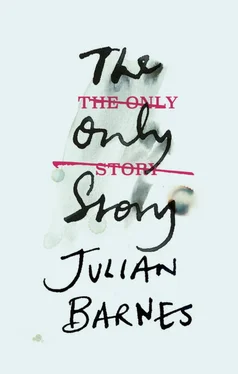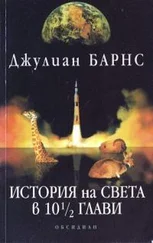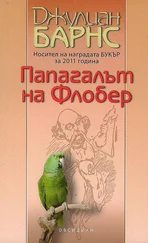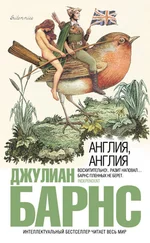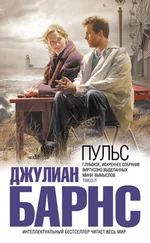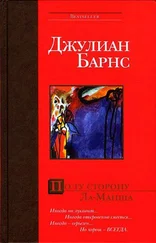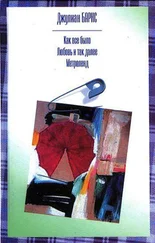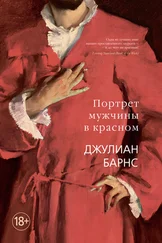One Friday – well, it was probably a Friday – Mr Macleod was chomping on his spring onions, I was playing with my knife and fork and Susan was bringing in the food, when he asked, with more than the usual edge of sarcasm,
‘And how many fancy boys are you providing yourself with this weekend, if I may make so bold as to ask?’
‘Let me see,’ Susan replied, holding the stew dish in front of her as she appeared to ponder, ‘I think it’s just Ian and Eric this weekend. And Paul of course. Unless the others turn up as well.’
I thought this amazingly cool of her. And then we ate dinner normally.
But in the car the next day, I asked her, ‘Does he always call me that? Us that?’
‘Yes. You’re my fancy boy.’
‘I’m not that fancy. I’m a bit penny plain at times, I think.’
But the word hurt. Hurt me for her, you understand. For myself, I didn’t care. No, really: perhaps I was even pleased. To be noticed – even to be insulted – was better than to be ignored. And a young man needed a reputation, after all.
I tried to assemble what I knew about Macleod. I could no longer think of him as Mr E.P. than I could as Old Adam or the Head of the Table. He was called Gordon, though Susan only used that name when speaking of the distant past. He looked a few years older than her, so must have been in his mid-fifties. He worked as a civil servant, though I had no idea in which department, nor was I interested. He hadn’t had sex with his wife for many years, though in the old days, when he was Gordon, he had done so, and two daughters were the proof of this. He had declared his wife frigid. He might, or might not, fancy the front half of a pantomime elephant. He believed that rioting mobs of Communists should be shot by the police or army. His wife hadn’t seen his eyes, or not properly, for many years. He played golf, and hit the ball as if he hated it. He liked Gilbert and Sullivan. He was good at disguising himself as a shabby but efficient gardener; though according to his own father he could be a difficult row to hoe. He didn’t like or take holidays. He liked to drink. He didn’t like going to concerts. He was good at crosswords and had pedantic handwriting. He didn’t have any friends in the Village, except, presumably, at the golf club, a place I had never entered, and had no intention of doing so. He didn’t go to church. He read The Times and the Telegraph . He had been friendly and polite with me, but also sarcastic and rude; mainly, I would say, indifferent. He seemed to be cross with life. And was part of what may or may not have been a played-out generation.
But there was another thing about him, which I felt rather than observed. It seemed to me – I’m sure Macleod wasn’t conscious of it, hadn’t given it a thought – but it felt to me as if he – he in particular – was somehow standing in the way of me growing up. He wasn’t at all like my parents or their friends, but he represented even more than they did the adulthood I regarded with some horror.
A few stray thoughts and memories:
– Shortly after the Sharpeville Incident, Susan reported that Macleod had called me ‘a very acceptable young man’. Desperate for praise, like anyone else of my age, I took it at face value. Perhaps more than that: because he had first shouted at me, then later come to sober judgement, I considered the comment all the more valuable.
– I realize that I had absolutely no notion how the Macleods behaved with one another when I was not there. I was probably too absolutist to give it a thought.
– I also realize that, in comparing the two households, I might have made it sound as if at home we ate peas off a knife while scratching our bottoms. No, we were well brought-up. Our standard of table behaviour was on the whole better than that on display at the Macleods’.
– Also, not all my parents’ friends were as passively disapproving of my generation as I may have portrayed them. Some were actively so. One holiday weekend, we all went over to Sutton for dinner with the Spencers. The wife had known my mother since training college days; the husband was a small, aggressive mining engineer, of Belgian origin, who specialized in locating and appropriating the mineral wealth of Africa on behalf of some international company. It must have been a sunny day (though not necessarily) because, peeking from my top pocket, was a recently acquired pair of mirrored sunglasses. I had bought them from Barney, who specialized in the bulk purchase and import of exotic items for resale to those wishing to quietly demonstrate their essential hipsterdom. He had sourced the glasses from somewhere behind the Iron Curtain – Hungary, I think. Anyway, we had scarcely got out of the car when Mine Tiny Host approached me and, ignoring my outstretched hand, ripped the sunglasses from my pocket with the words, ‘These are a piece of shit.’ Unlike, say, his own cable-knit sweater, corduroy trousers, signet ring and deaf aid.
– She makes a big cake for the Fancy Boys. Big in the sense of wide and long. When the mixture is poured into the tin, it is three-quarters of an inch deep. By the time it comes out of the oven, it has risen slightly to a height of about an inch. There is mixed fruit inside, all of which has sunk to the bottom.
Even I, back then, can recognize that it is not, by average baking standards, a success. But she has a way of making it so.
‘What sort of cake is that, Mrs Macleod?’ asks one of the FBs.
‘It’s an upside-down cake,’ she replies, flipping it over on its wire rack. ‘Look how the fruit has all risen to the top.’
Then she cuts us big slices, which we scoff.
She can probably turn base metal into gold, I think.
– I said how my credo was love and truth; I loved her, and I saw the truth. But I must also admit that this coincided with the period when I lied to my parents more often than before or since. And, to a lesser degree, to almost everybody else I knew. Though not to Joan.
– While I do not analyse my love – the whence, why, whither of it – I do sometimes try, when alone, to think about it lucidly. This is difficult; I have no previous experience, and am quite unprepared for the full engagement of heart and soul and body that being with Susan involves – the intensity of the present, the thrill of the unknown future, the discarding of all the mingy preoccupations of the past.
I lie in bed at home, trying to put feelings into words. On the one hand – and this is the part to do with the past – love feels like the vast and sudden easing of a lifelong frown. But simultaneously – this is the part to do with the present and the future – it feels as if the lungs of my soul have been inflated with pure oxygen. I only think like this when alone, of course. When I am with Susan, I’m not thinking what it’s like to love her; I’m just being with her. And maybe that ‘being with her’ is impossible to put into any other words.
Susan never minded my solo visits to Joan; she wasn’t possessive about one of the few friends her marriage seemed to permit. I came to enjoy the mugfuls of cut-price gin; after a while, Joan allowed the yappers in, and I got used to the distraction of Yorkshire terriers grazing on my shoelaces.
‘We’re leaving,’ I told her one July afternoon.
‘We? You and I? Where are we going, young Master Paul? Do you have your belongings tied up in a red-spotted handkerchief on a stick?’
I should have known she wouldn’t let me get away with earnestness.
‘Susan and I. We’re off.’
‘Off where? For how long? A cruise, is it? Send me a postcard.’
‘There’ll be lots of postcards,’ I promised.
It was odd, my relationship with Joan was a kind of flirting. Whereas my relationship with Susan barely had any flirting in it at all. We must have gone through all that preliminary stuff without noticing – smack into love – and so had no need for it. We had our jokes and our teases and our private phrases, of course. But I suppose it all felt – was – too serious for flirting.
Читать дальше
